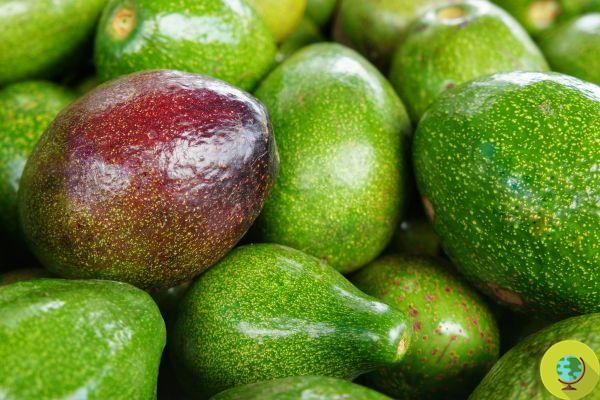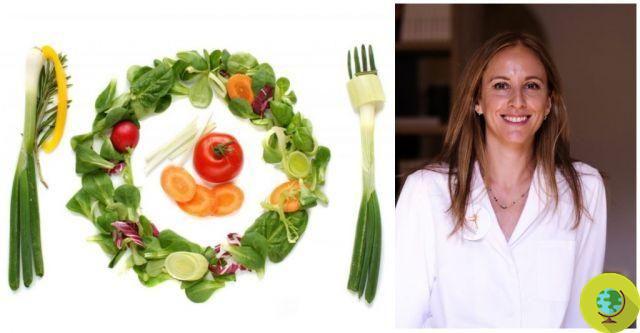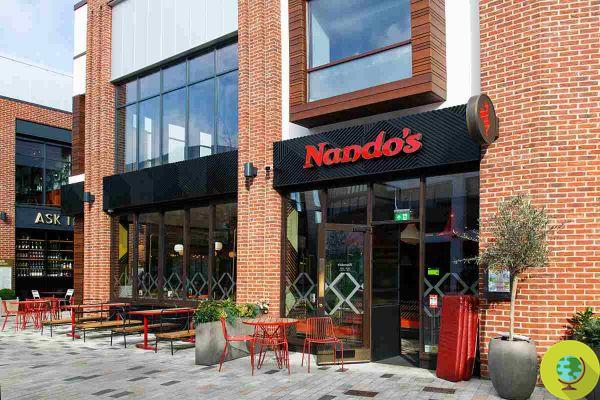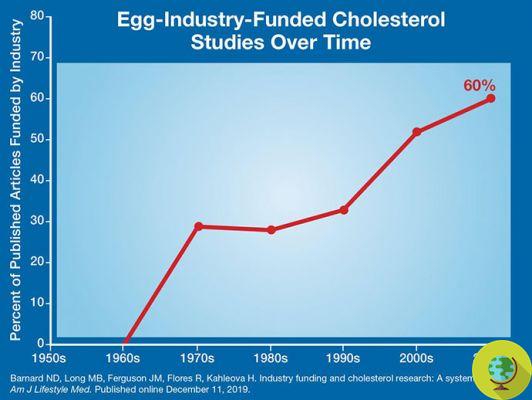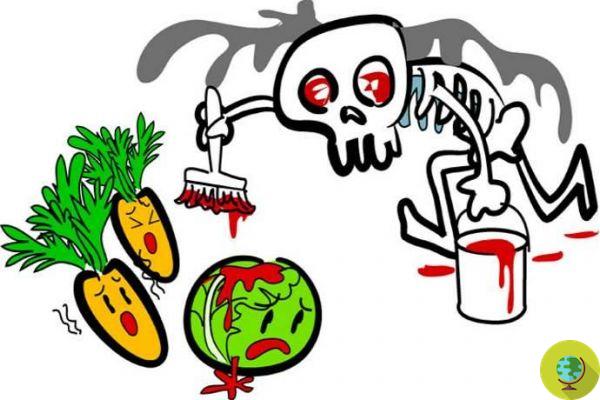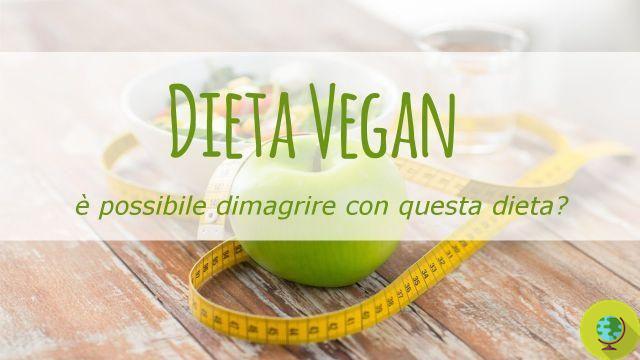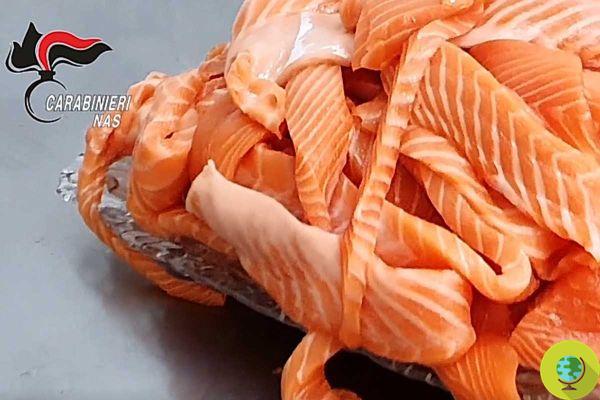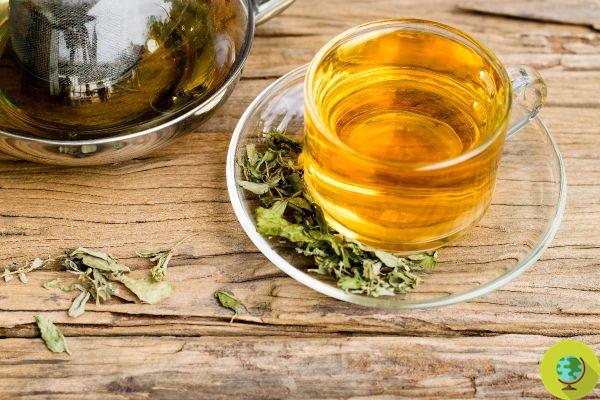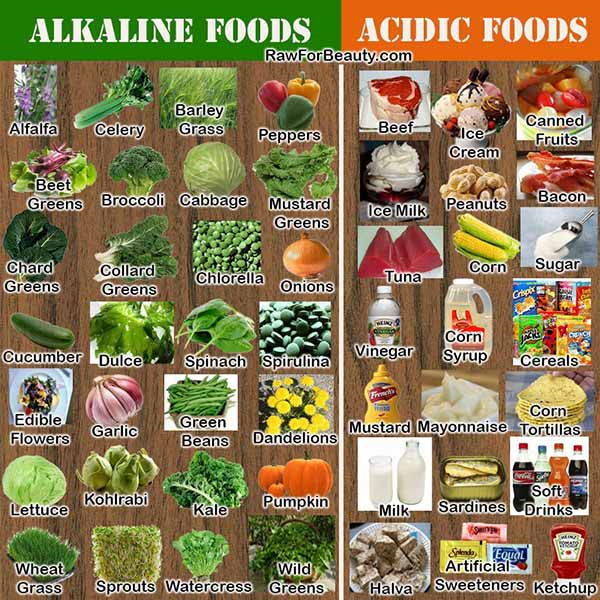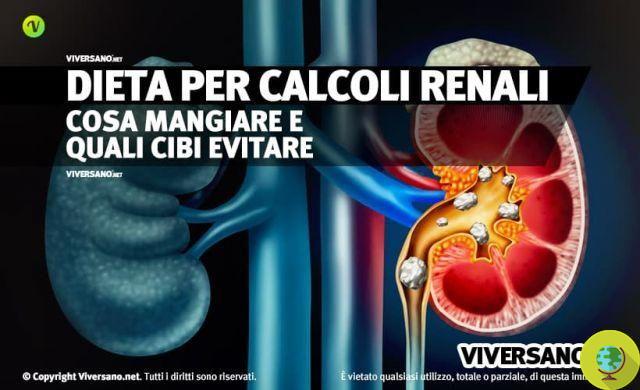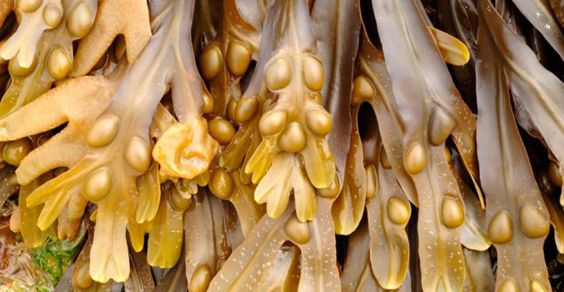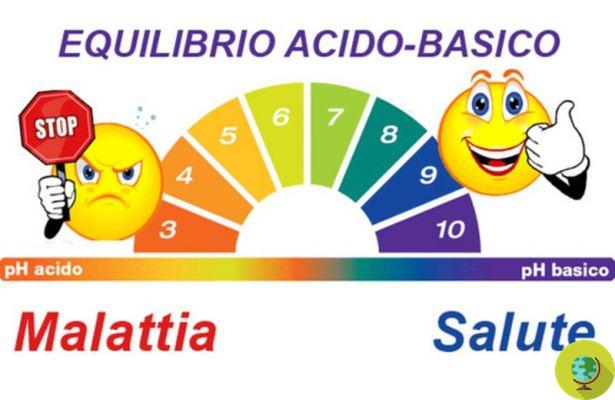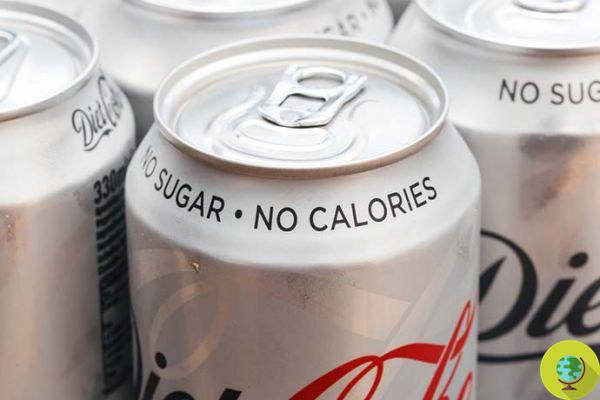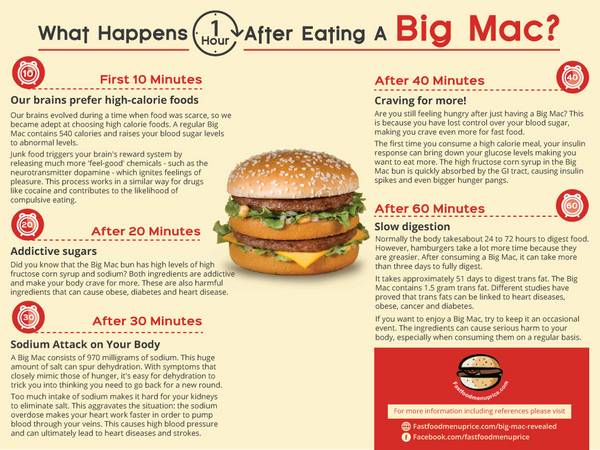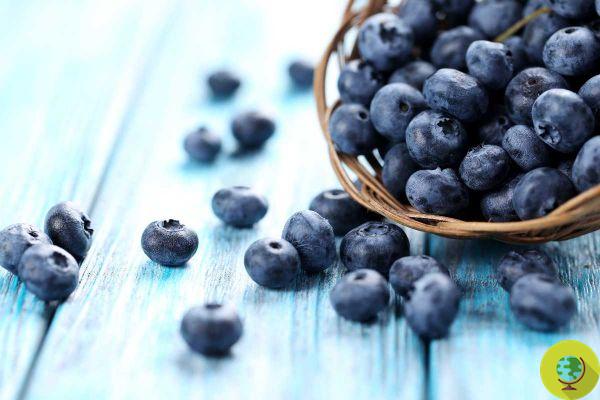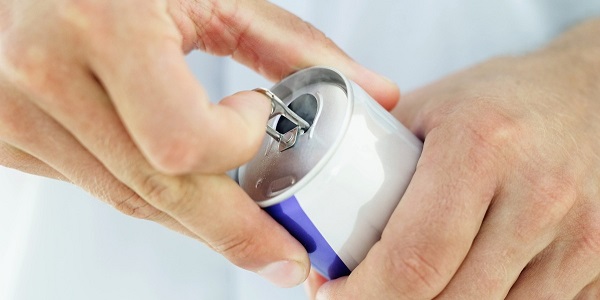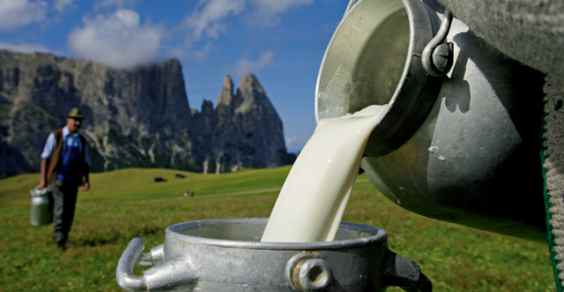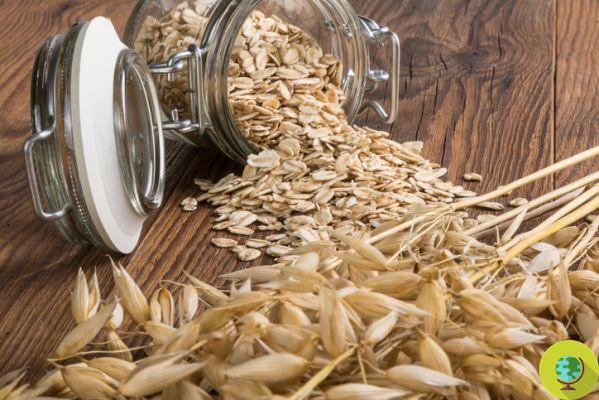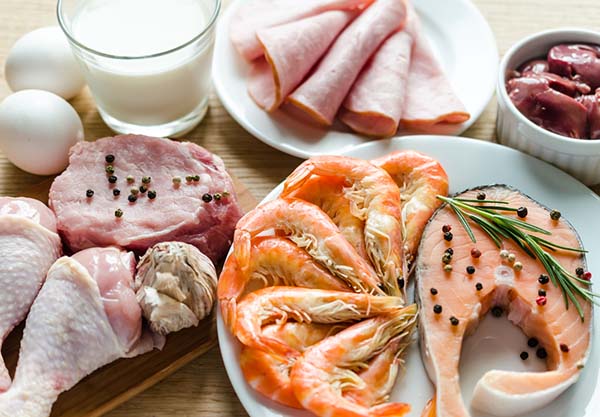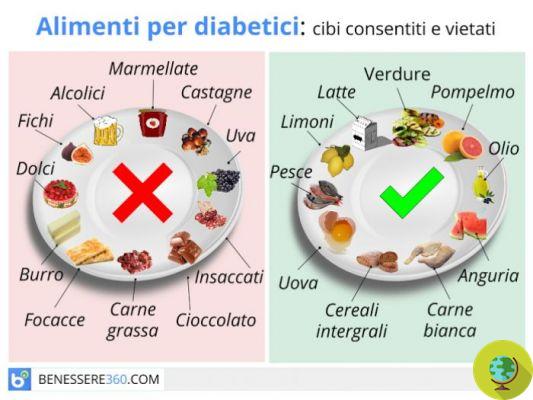Pepsi, carcinogenic caramel. Carbonated soft drinks can contain carcinogenic substances. Artificial caramel, one of the most used dyes in food and drinks, is being accused. Consumer Reports took care of the topic in the United States. Now sodas like Pepsi would be outlawed in California due to their artificial caramel content exceeding the statutory regulations established in 2012.
Don't store avocado like this: it's dangerous
Le sodas can contain carcinogenic substances. Still under accusation the artificial caramel, one of the most used dyes in food and drinks. Consumer Reports took care of the topic in the United States. Now drinks like the Pepsi they might turn out outlaw in California due to their artificial caramel content higher than the legal standards established in 2012.
According to Consumer Reports, some types of artificial caramel, used to impart the brown color to beverages and foods, contain potentially carcinogenic substances, as the 4-methylimidazole (4-Mel). In California, any food or drink that exposes consumers to more than 4 micrograms of 4-Mel per day should be accompanied by a label that indicate the health risks.
During testing conducted by Consumer Reports, each of the beverage samples Pepsi One e Malt Goya contained more than 29 micrograms of 4-Mel per bottle or per can. At the moment Consumer Reports cannot confirm with certainty that the two drinks are outlawed in California, but the investigation should lead to more thorough checks by the California Attorney General.
READ also: - Coca Cola and Pepsi: really carcinogenic dye?
According to Consumer Reports, caramel is the most used food coloring in the world. In the opinion of experts, there are no compelling reasons to allow consumers to be exposed to carcinogenic substances in food, as there are some harmless alternatives to 4-Mel. Yet this type of artificial caramel continues to be used.
In 2011 l 'International Agency for Research on Cancer determined that 4-Mel dye represents a possible carcinogen for humans. There is no federal limit for this substance in the United States, but California in 2012 required companies to label the products at risk, due to an excessive presence of artificial caramel.
Consumer Reports experts have revealed that more than 29 micrograms of 4-Mel may be present in a single can or bottle, and they point out that even products containing half that amount should be considered unsafe, as any person could drink it. two cans a day. In their opinion, to reduce health risks, every can of carbonated soft drink it should not contain more than 3 micrograms of the substance.
Asked Consumer Reports PepsiCo she replied that she has already set to work for reformulate your products, starting with the entry into force of the caramel regulations in California. The new drinks should arrive on the US market as early as this month.
And for the old cans of Pepsi One still on the market? PepsiCo stated that it is not necessary affix labels to cans and bottles of the accused soft drink that indicate it as carcinogenic and dangerous to health as consumers would not drink more than 100 milliliters of Pepsi per day. Less than a glass of Pepsi a day then? Hard to believe.
PepsiCo hides behind possibly incorrect data to prevent its products from being identified as dangerous. And as for food products, the multinational is already planning a change of label. PepsiCo in the US owns Quaker, a brand of breakfast cereal. Quaker products will soon change their names. From the term "natural" we will move on to “simply”. The products, from "natural", will become "simple", to avoid accusations and consumer lawsuits for using a misleading term to identify as beneficial what is not actually beneficial.
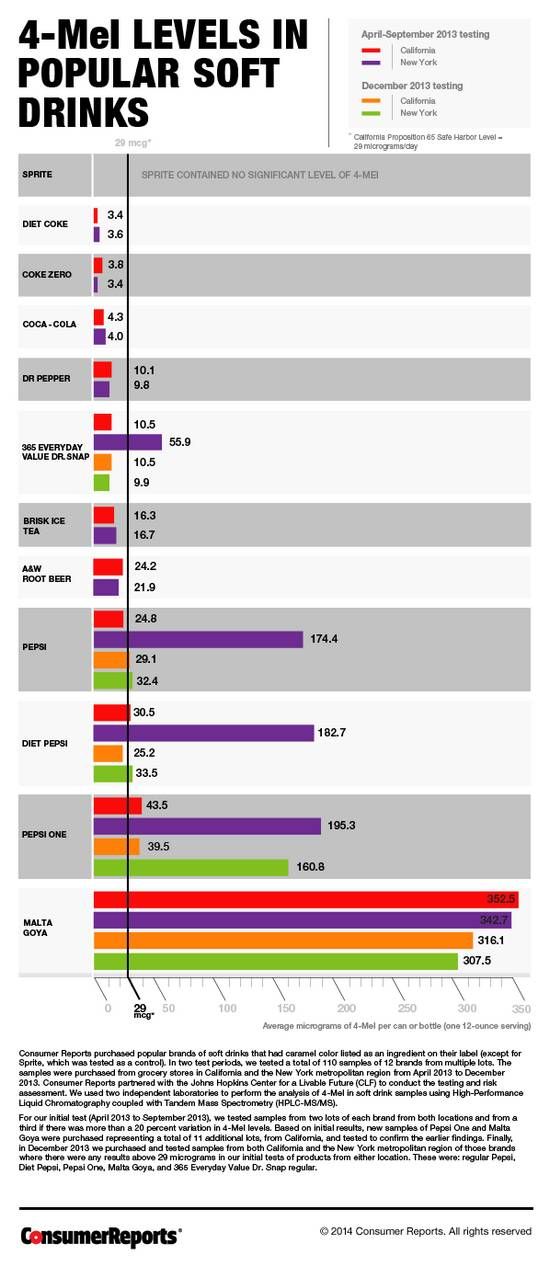
Consumer Reports required carbonated soft drink companies to accurately indicate the type of caramel used as a colorant, to allow consumers to understand whether it is natural caramel or 4-Mel. In fact, companies can simply put the term on the label "Caramel", without specifying whether the product is of natural or artificial origin. Companies would have the possibility of replacing 4-Mel with other types of artificial caramel that are not dangerous to health. Now the official opinion of thefda, which up to now has not included 4-Mel among the potentially carcinogenic substances.
Marta Albè
Source and photo: consumerreports.com
Read also:
- Bitter sugar: let's stop the land grabbing of Pepsi and Coca Cola (VIDEO AND PETITION)
- 10 alternative uses of Coca Cola




